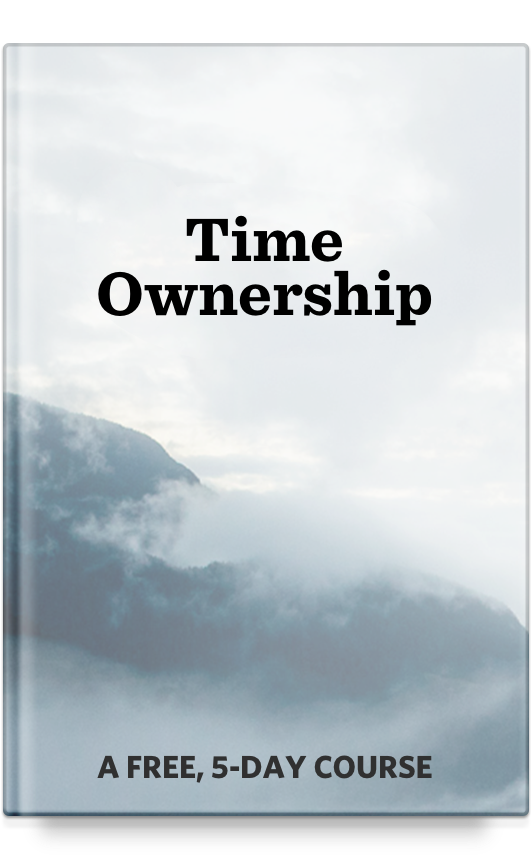Lately, I’ve noticed my diet has suffered.
My wife and I are usually pretty good about the types of food we buy and keep around the house, but I’ve recently found myself eating a lot more junk food.
The global pandemic has played a part, but a person can only blame so much on the rona.
The truth is life has been a bit hectic the last six weeks. We’ve been busier than usual which has resulted in our intentional defaults going out the window and being replaced by survival mode. Not as much time can be spent thinking about and preparing meals, so I reach for whatever is convenient.
But this got me thinking. If my food intake has been poor, what has my mental diet been like?
Our bodies process the nutrition in the foods we eat, and depending on how well balanced or unbalanced our diet is can result in a vitamin deficiency. Which in turn affects our mood and energy.
So, if my diet has been poor then it isn’t long before my mood and energy is down, leading to poor rest and relaxation defaults. When I’m tired, I’m prone to default to what is easiest. My brain craves the path of least resistance.
And for me this usually results in being stuck on the couch scrolling feeds. A vicious cycle.
Junk Food for Your Brain
It’s not terribly difficult to understand the relationship between the food we eat and the affects on our physical bodies. Our body requires calories to move and function, but not all calories are created equal. Some give our body a steady dose of energy and burn slowly, while others may give a quick burst of energy then quickly evaporate resulting in low energy. Because science. (Clearly I’m no dietitian.)
Essentially, food acts as a stimulus to our body. Depending on what type of food we eat, our bodies respond differently.
There’s a similar relationship between the types of information we consume and the result it has on our brain. The human brain is incredibly complex (also not a neurologist) and it’s been powering human survival for thousands of years. As centuries have come and gone, the brain has evolved to new stimuli that have been introduced. For a good majority of human existence, information came in the form of human conversation, the occasional letter, or if you were lucky enough, books.
Other than that, it was a lot of hard work and not much else. No Bluetooth speakers to stream music or podcasts. No FaceTime calls to interrupt your evening. No text messages to ping you during your daily walk. For most of humanity’s history, we’ve engaged with a fraction of the amount of information we now consume on a minute-by-minute basis. In a relatively short amount of time, that stimulation went from small tight-nit community or relationships with a limited number of books, to global interaction with endless information available.
The brain has tried to keep up. Because that’s what it does. It evolves. But not all brain stimulus is created equal, just as not all food is created equal. Our ability to think, focus, and process information has been altered as a result of the types of stimulus we’ve been feeding our brain for decades.
Of course, this is not new information. Humanity has been grappling with the effects of progress for decades. In more recent years, we’ve begun to see the fallout of a generation raised on smartphones. The narrative has gone something like this, “Social media bad. Use less.” Not sure why my fictional character sounds like a caveman, but maybe it’s telling of what our digital age has done to the brain.
We know social media platforms are having detrimental effects on our mental health, and yet we can’t stop. We’re addicted. Just like we’re addicted to sugar and caffeine. It’s impossible to go a day without a hit. We crave the dopamine.
This vicious cycle of eating bad food and then following it up with a dose of mental junk food will knock years off a person’s life, and it’s self-perpetuating.
Intervention
So what’s the solution?
The digital junk food of the 21st century has introduced an unprecedented level of anxiety and depression. Not to mention our ability to focus is deteriorating at an alarming rate. Chronic depression and anxiety is not going to be solved with a blanket prescription of less scrolling.
More and more, I’m coming to believe we must fundamentally challenge and change the ways we engage technology along with the amount of mental stimulus we consume on a daily basis.
The thing about junk food, both digital and the kind you eat, is that it’s never enough. It tastes good but doesn’t give any sort of lasting nutrition. So we end up going back for more. It’s addictive and ultimately destructive if we can’t get a handle on it.
The common approach to limiting our sweet tooth is moderation, but moderation doesn’t cure addiction. And that’s what we are. Addicts of caffeine, sugar, likes, and views.
How much is enough?
Until we answer the question of enough, the moderation scale will always tip toward more and more.
Just as we need nutritional philosophy to guide the types of food we will or will not eat, we need a technology philosophy to guide our digital consumption patterns. This will ultimately determine our physical and mental health for future decades.
Hero photo by Ryan Quintal via Unsplash.
